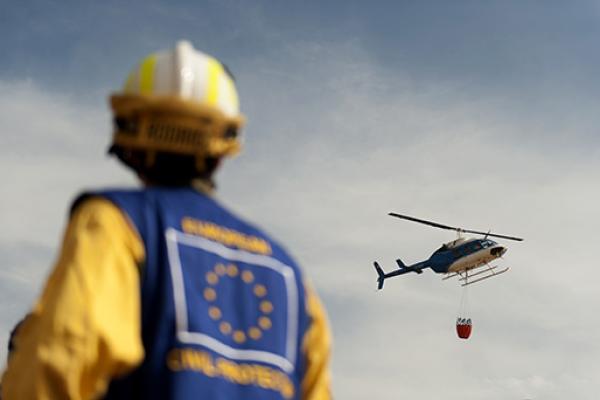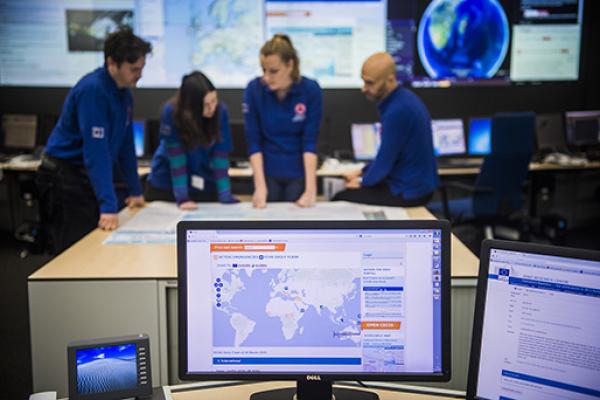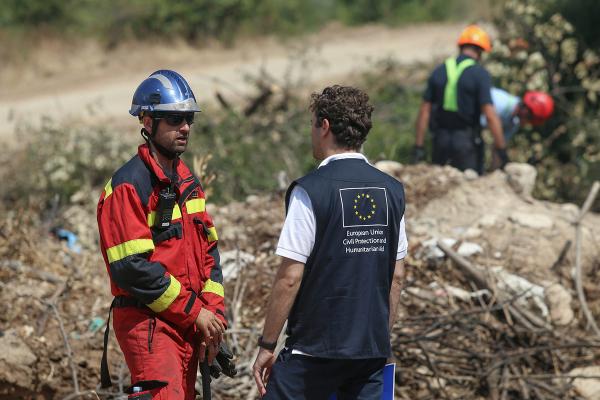
Today, the European Commission adopted the Communication on the Evaluation of the EU Civil Protection Mechanism (UCPM) for the years 2017-2022. The Evaluation highlights the need for increased operational coordination across sectors to improve how Europe deals with disasters and crises.
The Evaluation found that Europe needs more coordination to foster an integrated, resilient, and effective European disaster and crisis management system and to be ready for the future risk landscape. The Commission shall continue to enhance a holistic approach involving all-hazards and all of society to effectively support and complement the efforts of Member States in prevention, preparedness, and response actions.
The Emergency Response Coordination Centre (ERCC) has been a crucial success in managing emergencies at EU level. Moreover, the implementation of rescEU was effective and efficient to bolster the EU’s resilience in responding to disasters.
Finally, the Evaluation stresses the importance of strengthening cooperation with other EU policies, programmes, and funds. Civil protection remains a key pillar in the EU’s prevention, preparedness, and response activities to face more frequent, intense, and complex disasters of the future.
Background
The European Commission adopted the Communication on the evaluation of the EU Civil Protection Mechanism (UCPM) accompanied by a Staff Working Document.
Following an initial interim evaluation of the UCPM in 2017, the European Commission conducted an independent evaluation of all actions carried out under the UCPM in EU Member States and Participating States between January 2017 and December 2022 and the Evaluation analysed these 5 years of the operations of the UCPM.
When an emergency hits, any country can request assistance via the EU Civil Protection Mechanism.
Once activated, the EU’s Emergency Response Coordination Centre coordinates and finances assistance made available by EU Member States and 10 Participating States (Albania, Bosnia and Herzegovina, Iceland, Moldova, Montenegro, North Macedonia, Norway, Serbia, Türkiye and Ukraine) through spontaneous offers.
The Union disaster resilience goals set priority areas and related specific objectives to strengthen the disaster resilience of the EU Civil Protection Mechanism and of the Member States. The goals are a non-binding common baseline to support prevention and preparedness actions in the event of disasters which affect two or more countries at the same time.
Details
- Publication date
- 29 May 2024
- Author
- Directorate-General for European Civil Protection and Humanitarian Aid Operations (ECHO)




